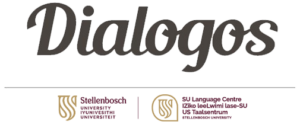This article is taken from our newsletter, Dialogos, and some parts may therefore be in Afrikaans. You can click on Dialogos in the list of categories to your right to read more articles from our newsletter.
Die Eenheid vir Afrikaans en Engels was die afgelope tien jaar verantwoordelik vir drie fokusareas binne én buite die akademiese programaanbod van die US: Afrikaanse en Engelse taalontwikkeling, akademiese geletterdheid, navorsingsinisiatiewe asook gemeenskapsdiens.
In 2000, the Unit primarily offered Afrikaans language development courses for students in the faculties of Arts and Social Sciences and Medicine and Health Sciences, as well as the International office. However, over the years, more faculties have incorporated formal language teaching as part of their language offering and both Afrikaans and English credit-bearing courses are now offered at the faculties of Engineering, Economic and Management Sciences, Medicine and Health Sciences, and Science. In addition, the Unit offers non-credit-bearing courses, short courses and workshops to postgraduate students, SU staff and corporate clients.
Die taalontwikkelingsmodules strek vanaf beginner- tot gevorderde vlak en fokus op die ontwikkeling van studente en kliënte se sosiale en/of akademiese taalvaardighede. As deel van navorsing en gehalteversekering beplan die Eenheid om in die nabye toekoms ’n omvattende Afrikaanse grammatikagids uit te gee. ’n Sterk behoefte aan e-leerprogramme van ’n hoë gehalte vir ondersteuning op die gebied van taalontwikkeling is nog ’n toekomstige projek.
Community service is an extension of the Unit’s language offering, where learners at schools are empowered to improve their reading skills. In addition, the pre-service teachers at the Cape Peninsula University of Technology attend our workshops, which are presented annually. Here they receive practical training with the objective of eventually implementing the ideas and skills they have acquired in their classrooms.
Met betrekking tot akademiese geletterdheid in hoofstroom- en verlengde graadprogramme het die volgende ontwikkelings die afgelope dekade in die Eenheid plaasgevind: Vakspesifieke akademiese geletterdheidsmodules is ontwikkel in die fakulteite AgriWetenskappe, Natuurwetenskappe, Geneeskunde en Gesondheidswetenskappe, Ekonomiese en Bestuurswetenskappe, Regte en Teologie. Hiernaas het ’n tweetalige verwysingsgids die lig gesien en verslag oor navorsing oor akademiese geletterdheid is in verskeie artikels en by nasionale en internasionale konferensies gedoen.
Verder is tweetalige toetsinstrumente om akademiese geletterdheid op ’n wetenskaplike manier te meet, naamlik TAG (Toets van Akademiese Geletterdheidsvlakke) en TALL (Test of Academic Literacy Levels), in die Eenheid in samewerking met ander universiteite ontwikkel.’n Leeslaboratorium, wat voorlopig ʼn tuiste in hierdie Eenheid sal hê, is ’n verdere ontwikkeling met die doel om individue in die optimalisering van leesstrategieë te bedien.
In an effort to increase the credibility, authority and influence of the Language Centre, on both an institutional and a national level, the Unit elected to increase its research output and raise the level of postgraduate qualifications of the staff. In recent years, more specifically since 2009, the Unit has succeeded in producing two master’s degrees, a PhD and enrolment for two more PhDs with a strong possibility of a further two in the near future. Moreover, delivery of conference papers and subsequent articles in accredited journals has increased by more than 400% since 2009. In 2012, for example, five articles were accepted for publication in contrast to the solitary one in 2009. We are also encouraged by the growing interest in our research, which is evident from the collaborative agreements that have been reached both nationally and internationally. The granting of prestigious scholarships to staff is an additional source of great pride. It is therefore clear that we are well on the road to achieving our goal of attaining the highest possible level of expertise in our fields.
This post is also available in: English



